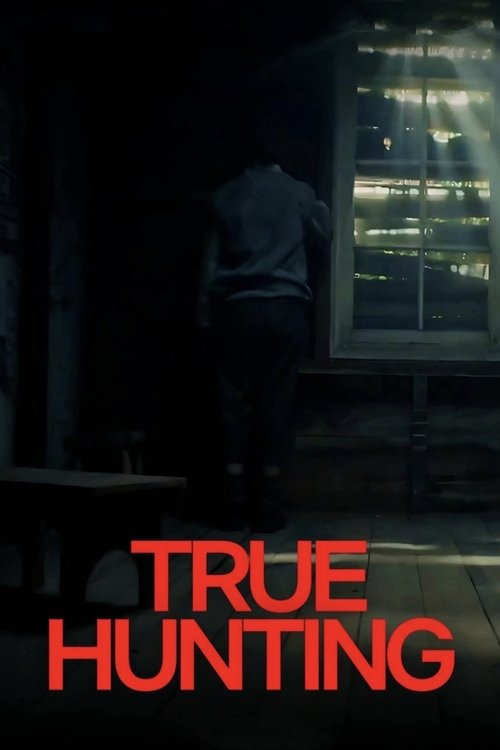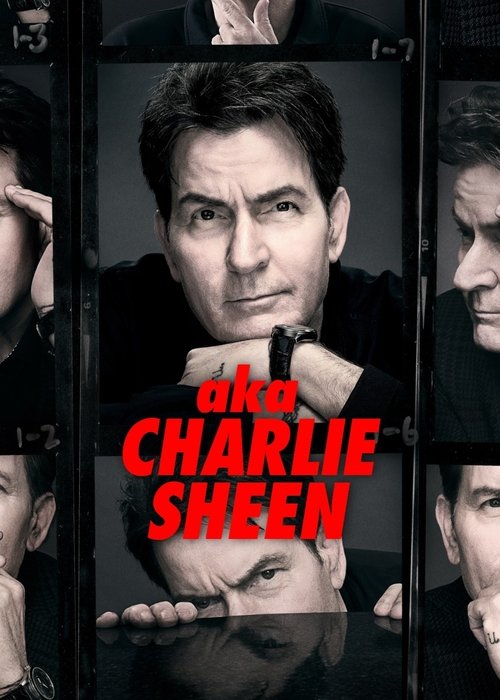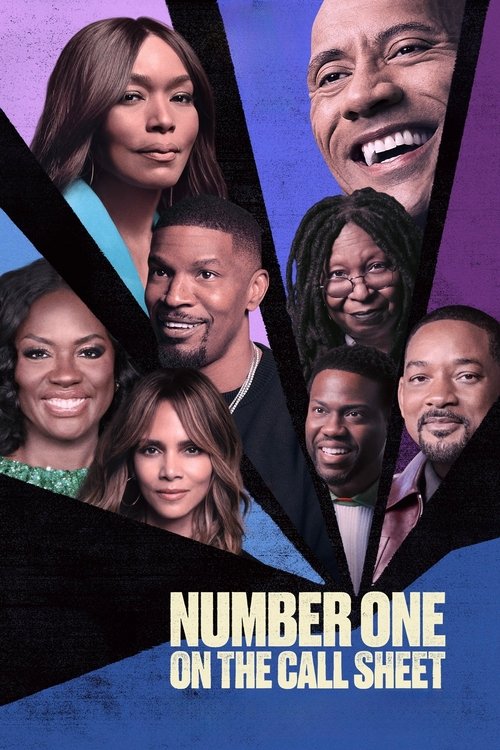
Ask Your Own Question
What is the plot?
The episode "Wealth of the Wicked" from "The Dark Money Game" miniseries begins by tracing the history of campaign finance laws in the United States. It starts with the establishment of the Federal Election Commission (FEC) in 1975, which was created to regulate campaign finance and promote transparency and fairness in elections.
The documentary then delves into key moments in the evolution of campaign finance reform, including the McCain-Feingold Campaign Finance Reform Bill of 2002. This legislation aimed to limit the role of soft money in campaigns, addressing concerns about the influence of money in politics. However, the episode highlights the challenges and controversies that arose during this period, showcasing the ongoing debate over campaign finance.
The narrative explores how super PACs and religious groups have influenced the political landscape, often blurring the line between bribes and donations. It examines how these entities have leveraged their financial power to shape political outcomes, often without transparency.
Throughout the episode, interviews with experts, including journalists, lawmakers, and former investigators, provide insights into the complexities of campaign finance. They discuss how the Citizens United decision has further complicated the issue by allowing corporations to spend unlimited amounts on political campaigns, effectively increasing the influence of dark money.
The episode concludes by emphasizing the impact of these financial influences on democracy, highlighting how they can lead to corruption and undermine the public's trust in the political system. It presents a detailed examination of how money has become a central factor in shaping political decisions and outcomes in the United States.
Related Titles
Browse All Titles →
What is the ending?
The ending of "The Dark Money Game," Season 1, Episode 2, "Wealth of the Wicked," concludes by emphasizing the persistent and growing influence of dark money in U.S. politics despite decades of campaign finance reform efforts. It highlights how the legal and regulatory frameworks, including the Federal Election Commission and the McCain-Feingold Act, have struggled to contain the power of wealthy donors and special interest groups, leaving the political system vulnerable to manipulation by those with the deepest pockets.
In a detailed narrative of the episode's ending:
The episode closes by revisiting the historical arc of campaign finance regulation in the United States, beginning with the establishment of the Federal Election Commission (FEC) in 1975. This agency was created to enforce transparency and fairness in political funding. The scene shows archival footage of congressional hearings and early FEC meetings, underscoring the initial optimism about curbing undue influence in elections.
Next, the narrative moves forward to the early 2000s, focusing on the McCain-Feingold Campaign Finance Reform Bill of 2002. The episode presents interviews with key figures involved in the legislation, illustrating their intentions to limit "soft money" contributions that circumvented existing laws. The scene captures the bill's passage as a landmark moment, with hopeful commentary about restoring integrity to political campaigns.
However, the tone shifts as the episode details the challenges that followed, particularly the 2010 Citizens United Supreme Court decision. This ruling is portrayed as a turning point that dramatically expanded the ability of wealthy individuals and groups to spend unlimited funds anonymously in elections. The episode uses graphics and expert interviews to explain how this decision effectively legalized what many consider a form of legalized bribery, allowing "dark money" to flood the political system.
The final scenes focus on the ongoing consequences of these developments. The episode features interviews with investigative journalists like Jane Mayer and political figures such as James Bopp, who articulate the entrenched power of money in politics. The narrative shows how super PACs and religious groups exploit legal loopholes to influence elections and policy, blurring the lines between donations and bribes.
The episode ends on a somber note, with a montage of recent political events and protests, underscoring the persistent struggle for campaign finance reform. The fate of the main "characters"--the institutions like the FEC, reform advocates, and the wealthy donors--is clear: the FEC remains under-resourced and often ineffective; reformers face uphill battles; and wealthy interests continue to dominate the political landscape. The closing narration warns that unless systemic changes occur, the political process will remain controlled by those with the most money, threatening democratic governance.
No individual protagonist's personal fate is depicted since this is a documentary, but the institutional and societal outcomes are starkly presented: the campaign finance system remains deeply flawed, with dark money wielding unchecked influence.
Is there a post-credit scene?
The episode "Wealth of the Wicked," which is the second episode of the 2025 miniseries "The Dark Money Game," does not have any publicly documented post-credit scene. Available sources, including IMDb and detailed episode descriptions, do not mention or describe any post-credit scenes for this episode. The episode is a documentary film tracing the history of campaign finance law in the United States, focusing on super PACs, religious groups, and the blurred lines between bribes and donations, and it concludes without additional scenes after the credits.
Therefore, based on the current information, there is no post-credit scene in "Wealth of the Wicked."
What are the main historical events and legal cases explored in The Dark Money Game, episode 2 'Wealth of the Wicked'?
Episode 2 'Wealth of the Wicked' examines the history of campaign finance in the United States from the 1975 Federal Election Commission (FEC) through the Citizens United Supreme Court decision. It highlights how super PACs, religious groups, and special interests influence politics and courts through donations, including controversial support for figures like Donald Trump despite moral contradictions. The episode also touches on the role of conservative judges accepting benefits from big donors and the impact of these financial influences on political and judicial outcomes.
Who are some of the key figures and participants featured in the episode 'Wealth of the Wicked'?
The episode features various participants including journalists like Jane Mayer, former Ohio Supreme Court Chief Justice Maureen O'Connor, former FBI agent Jeffrey Williams, former Republican campaign manager Tyler Fehrman, assistant U.S. Attorney Emily Glatfelter, and former U.S. Attorney David M. Devillers. These individuals provide insight into the political corruption and campaign finance issues explored in the episode, particularly focusing on Ohio's political landscape and a major public corruption case involving a secret $61 million slush fund.
What specific political corruption case is highlighted in 'Wealth of the Wicked'?
The episode highlights a major public corruption case in Ohio involving a powerful political lobbyist found dead in an apparent suicide. Federal investigators uncovered a conspiracy involving a secret $61 million slush fund used by Ohio's Speaker of the House to secure political power and repay corporate donors with a billion-dollar corporate bailout at the expense of taxpayers. FBI wiretap recordings play a key role in unraveling this conspiracy.
How does 'Wealth of the Wicked' portray the influence of dark money on elections and political power?
The episode portrays dark money as a pervasive and corrupting force in American politics, showing that 90% of elections are won by the candidate who spends the most money. It reveals how untraceable money from wealthy individuals and corporations flows through partisan organizations and super PACs to influence elections and government decisions. The documentary emphasizes the ethical and legal challenges posed by unchecked campaign financing and the difficulty in stopping money from buying elections.
What criticisms or controversies related to the episode's content have been noted?
Some criticisms include the episode's perceived political bias, with some viewers labeling it as leftist propaganda. There is also mention of the documentary flirting with anti-Catholic sentiment when discussing the religious affiliations of conservative judges. Additionally, some argue that the episode oversimplifies judicial decisions like the overturning of Roe v. Wade by attributing them mainly to financial influence rather than ideological beliefs. The documentary is noted for focusing more on the influence of money rather than the full complexity of political and judicial dynamics.
Is this family friendly?
The Dark Money Game, Season 1, Episode 2 "Wealth of the Wicked" is rated TV-MA and is a documentary exploring complex political topics such as dark money in U.S. politics and campaign finance. It is not designed as family-friendly content.
Potentially objectionable or upsetting aspects for children or sensitive viewers include:
- Mild sexual content or nudity (brief or mild).
- Mild violence or gore, likely in the form of documentary footage or descriptions rather than graphic scenes.
- Moderate profanity throughout the episode.
- Mild depiction or discussion of alcohol, drugs, and smoking.
- The subject matter involves political corruption, bribery, and manipulation, which may be complex and distressing for younger viewers or those sensitive to themes of dishonesty and power abuse.
There are no reports of frightening or intense scenes, but the overall tone is serious and investigative, focusing on real-world political issues rather than entertainment or fictional drama.
In summary, this episode is not suitable for children and may be unsettling for sensitive viewers due to mature themes, moderate language, and political corruption content.




















